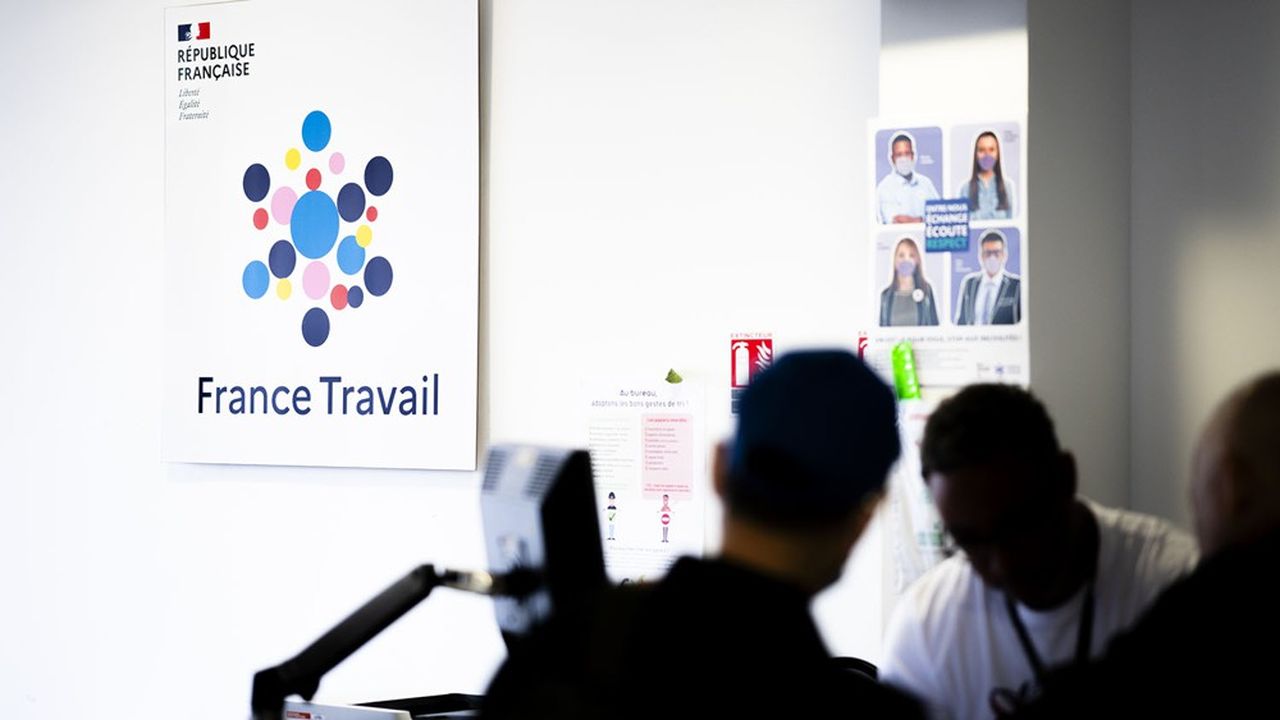
Before the 1er November 2024, the new government will have to decide, with the social partners, on the rules of unemployment insurance. After the renewal of the National Assembly, in fact, a decree extended the rules in force until October 31 only, in order to be able to continue paying benefits.
For more than three decades, hundreds of researchers from all countries have been analyzing the behavior of job seekers by mobilizing millions of observations. The knowledge accumulated in this field has progressed considerably. Two recent syntheses that compile the results of several dozen studies contain information likely to enlighten our decision-makers.
A negative signal
A first conclusion (1) concerns the consequences of the amount and duration of unemployment benefit. It appears that the duration and amount of compensation significantly increase the time spent unemployed. The effect is particularly marked in Europe, where compensation is more generous than across the Atlantic.
In Europe, a 10% increase in the duration of benefit results in an extension of unemployment spells by about 6.5%. Increasing the amount of benefit by 10% results in an extension of the duration of unemployment by 5.5%. Furthermore, increasing the duration of benefit does not necessarily result in better salaries at hiring. When it exceeds twelve months, it results in a reduction in salaries, probably because the extension of the duration of unemployment results in devaluing employees in the eyes of employers.
The second synthesis (2), which examines employers’ recruitment behavior, confirms this hypothesis. It shows that for employers the determining factor is the length of time spent unemployed. More precisely, people who have been unemployed for at least one year have, on average, approximately 21% less chance of finding a job than those whose duration is shorter. The chances of being hired decrease even more for those who have been unemployed for a year and a half or more.
In other words, employers believe that too long a period of unemployment is a negative signal for motivation, skills and productivity.
Better prospects
Another interesting finding is that people who have been unemployed for less than six months have better job prospects than those who are currently employed when they apply for a job. This advantage is probably due to the fact that employed applicants often have to give notice, while the unemployed are immediately available. In addition, employers probably consider the motivation and skills of the short-term unemployed to be comparable to those of the employed.
Thus, to reduce long-term unemployment, long benefit periods, exceeding one year, without an effective activation system, are clearly not appropriate. It is desirable, given a given budget, to limit benefit periods and to use the resources thus saved by financing reinforced support for job seekers at the start of unemployment episodes.
Pierre Cahuc is a professor of economics at Sciences Po
(1) “Disemployment Effects of Unemployment Insurance: A Meta-Analysis”, by Jonathan P. Cohen & Peter Ganong, NBER Working Paper no 32,832, August 2024.
(2) “Unemployment, Inactivity, and Hiring Chances: A Systematic Review and Meta-Analysis”, by Liam D’hert, Stijn Baert, Louis Lippens. IZA DP no. 17.141, July 2024.







